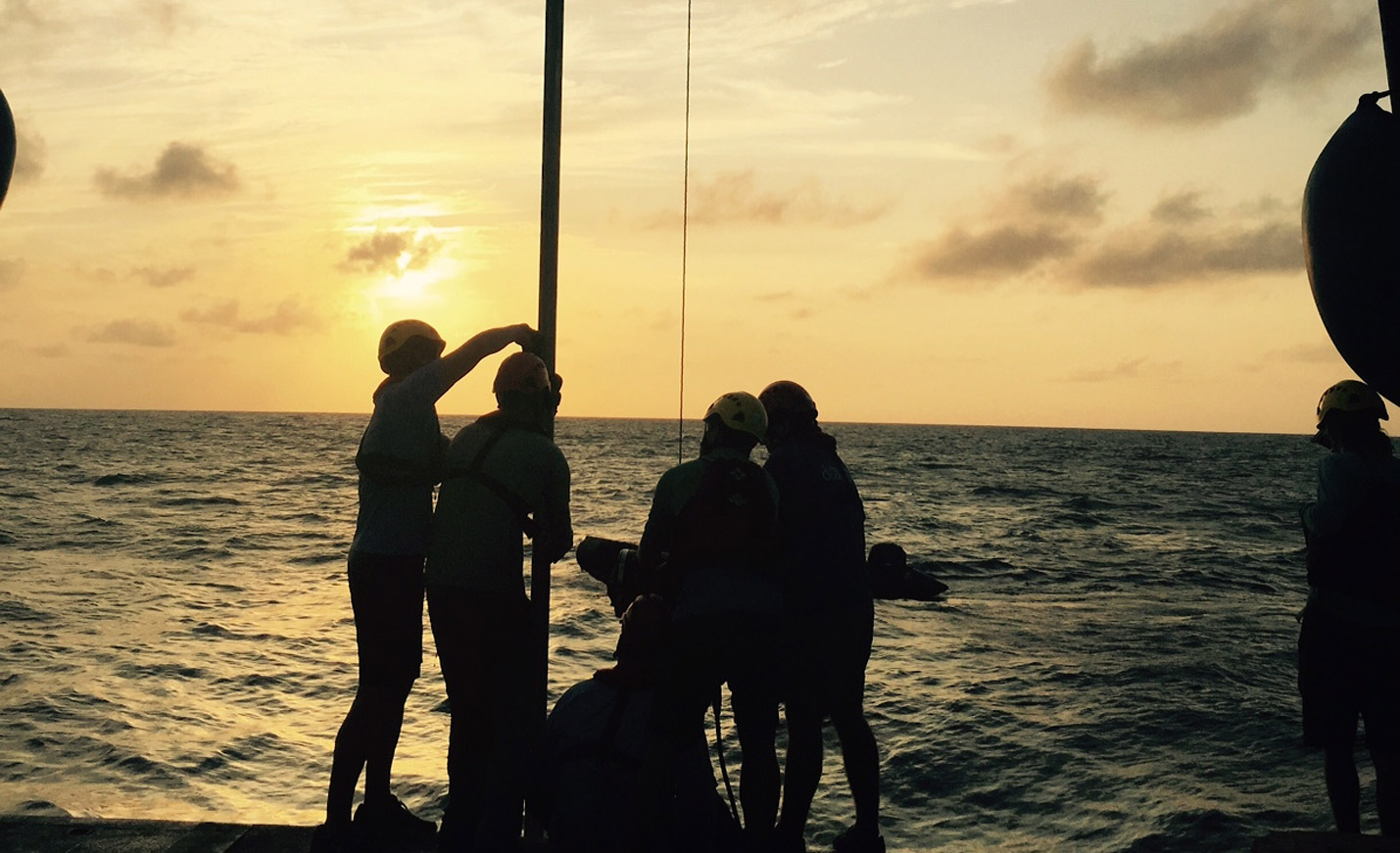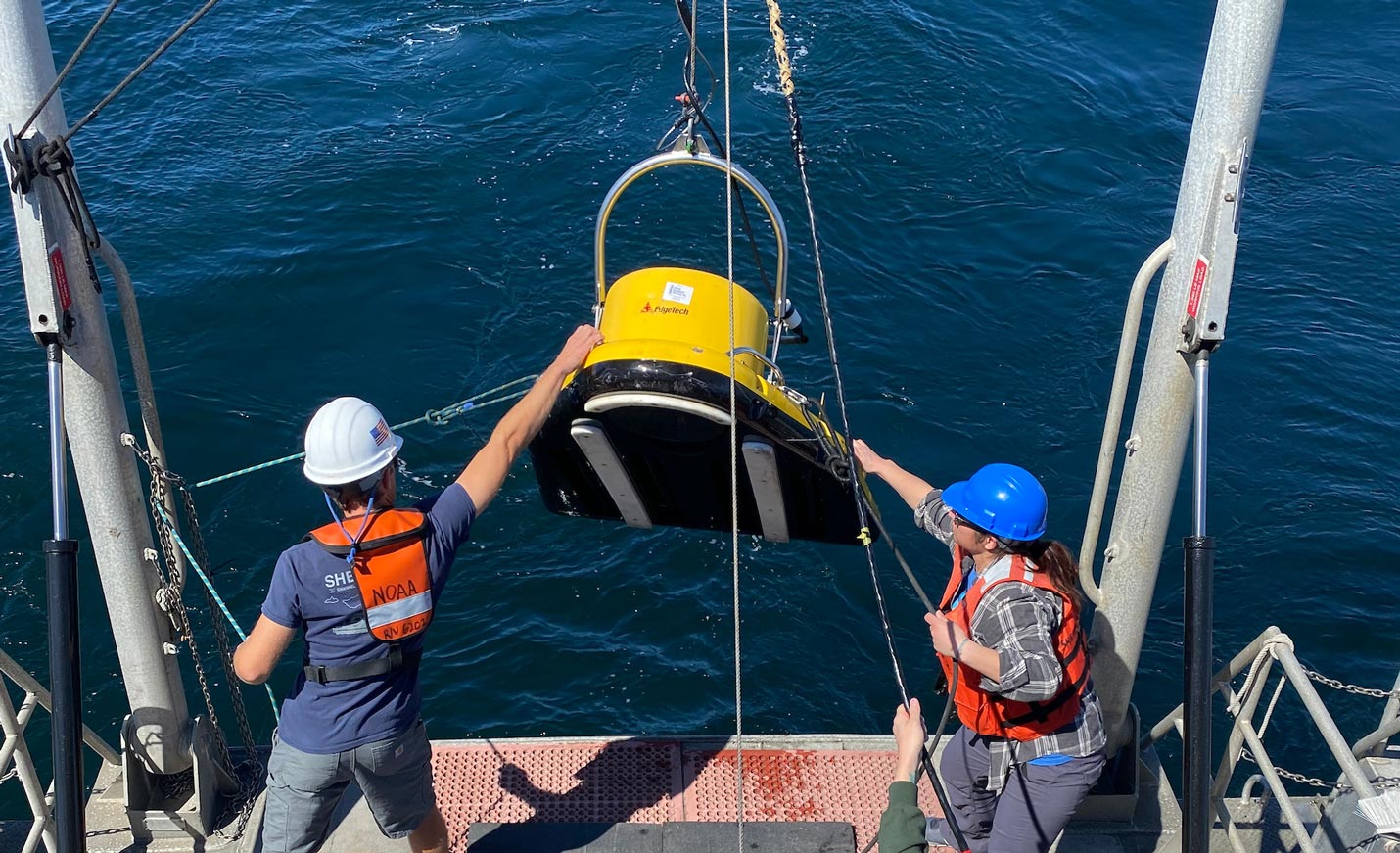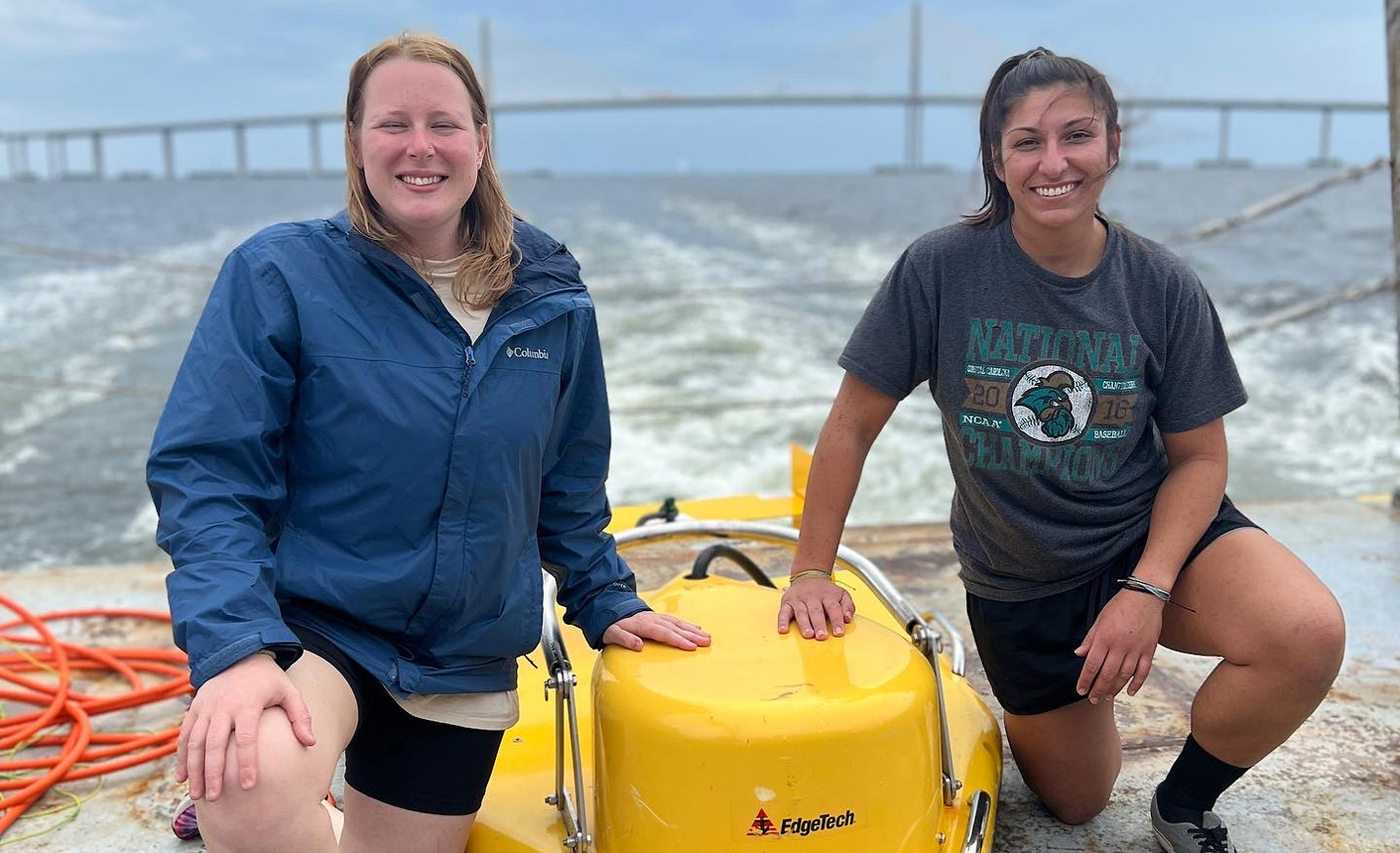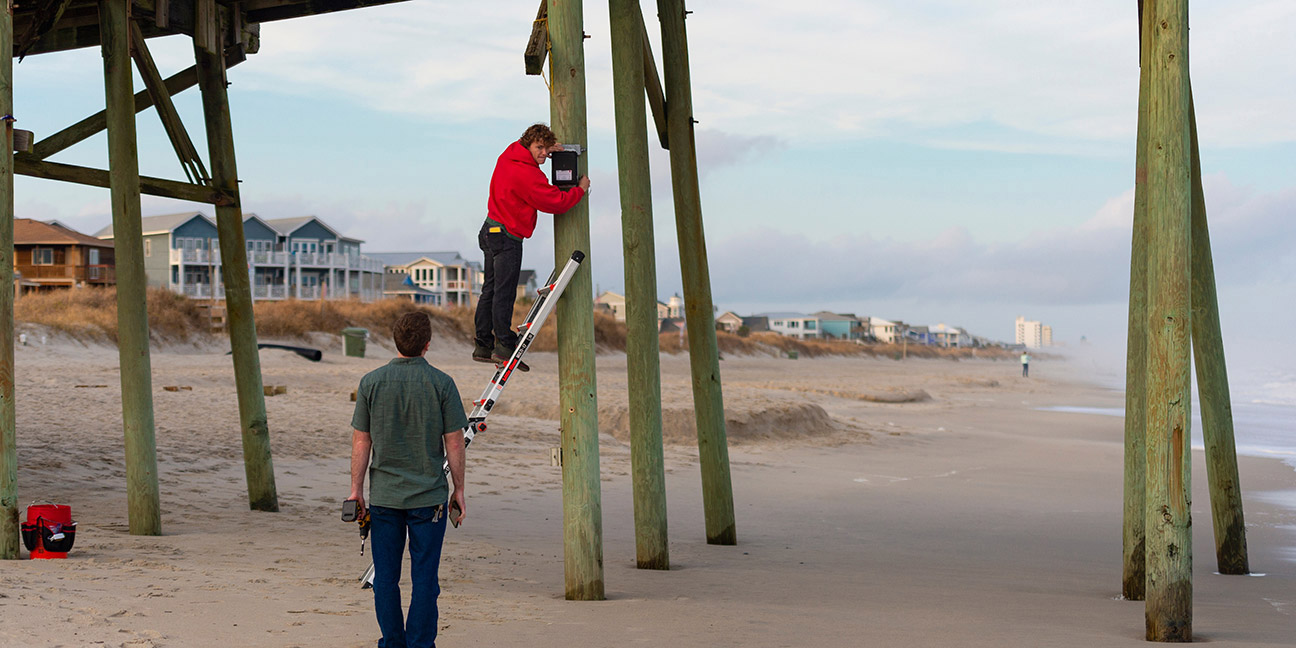Geography and Geospatial Sciences, B.A.
Broad, flexible program that meets personal educational goals and interests, including careers and graduate study in physical or human geography, planning or applied geography.
Geology
Focuses on scientific study of Earth; common rocks and minerals, processes that form and alter basic Earth materials, and key events in the geologic evolution of the planet.








